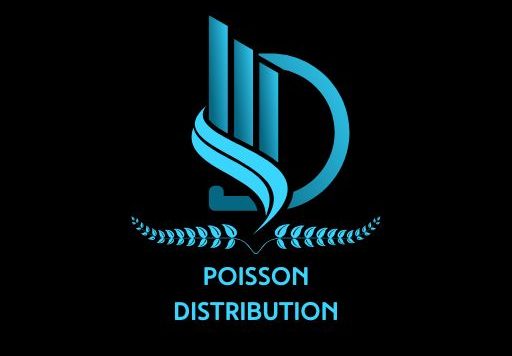- Everything You Need to Know
- How CT Restaurants Can Slash Energy Costs From Parking Lot to Kitchen with Energize Connecticut Rebates
- Bitget Launches TOMA Savings with Up to 50% APR for a Limited Time | Currency News | Financial and Business News
- Avesta receives Bangor Savings $50k donation toward homeownership program
- What Today’s Fed Move—and Predictions—Mean for 2025 Savings and CD Rates
The costs associated with anti-money laundering (AML) regulations start with integrating and deploying systems that carry out identity verification and other checks during customer onboarding, and end with fines in cases of non-compliance. But the processes in between can be a million-dollar problem without the right screening technology, according to a case study presented in a Socure blog post.
Bạn đang xem: Socure calculates major savings from reduced false positives in AML screening
A client turned to Socure to help it strengthen its compliance program after discovering it had accumulated a backlog of 700,000 politically exposed persons (PEP) alerts. PEP checks are performed as part of AML due diligence. In the case of an alert, a manual review is triggered.
Socure describes the client as a “leading investment platform,” and says it estimated the price of clearing its PEP alert backlog at $1 million.
The average AML fine for a money service business in the UK in fiscal 2022-2023 was $1.9 million.
Xem thêm : College savings: Should you worry about overfunding your 529 plan? | News, Sports, Jobs
“It’s a delicate balance,” a chief compliance officer told Socure. “You need to catch every true PEP, but you can’t tie up your entire team chasing false positives. Each alert takes time, resources, and skilled analysts to review.”
The $1 million price tag was calculated based on an estimate that would take 28,000 hours of labor by consultants paid $50 an hour (which actually comes out to $1.4 million, but maybe a bulk discount could be applied).
Instead, with Socure’s technology, the company was able to reduce the number of hours it needed to hire consultants for to 571. At $50 per hour, that’s a much more manageable $28,550. The rest were false positives, identified by Socure for a reduction of 99.76 percent.
Socure’s watchlist solution applies a neural network to identify connections the client’s legacy system had missed, according to the post, like spotting different spellings of the same person’s name. The company also recounts discovering five identities all being used at one financial institution by the same PEP.
The software includes granular search policies, watch lists, score thresholds and filtering criteria, and Socure says its AI model continuously learns from the screenings it carries out.
Article Topics
AML | biometrics | financial services | regulation | Socure
Nguồn: https://poissondistribution.lat
Danh mục: News





